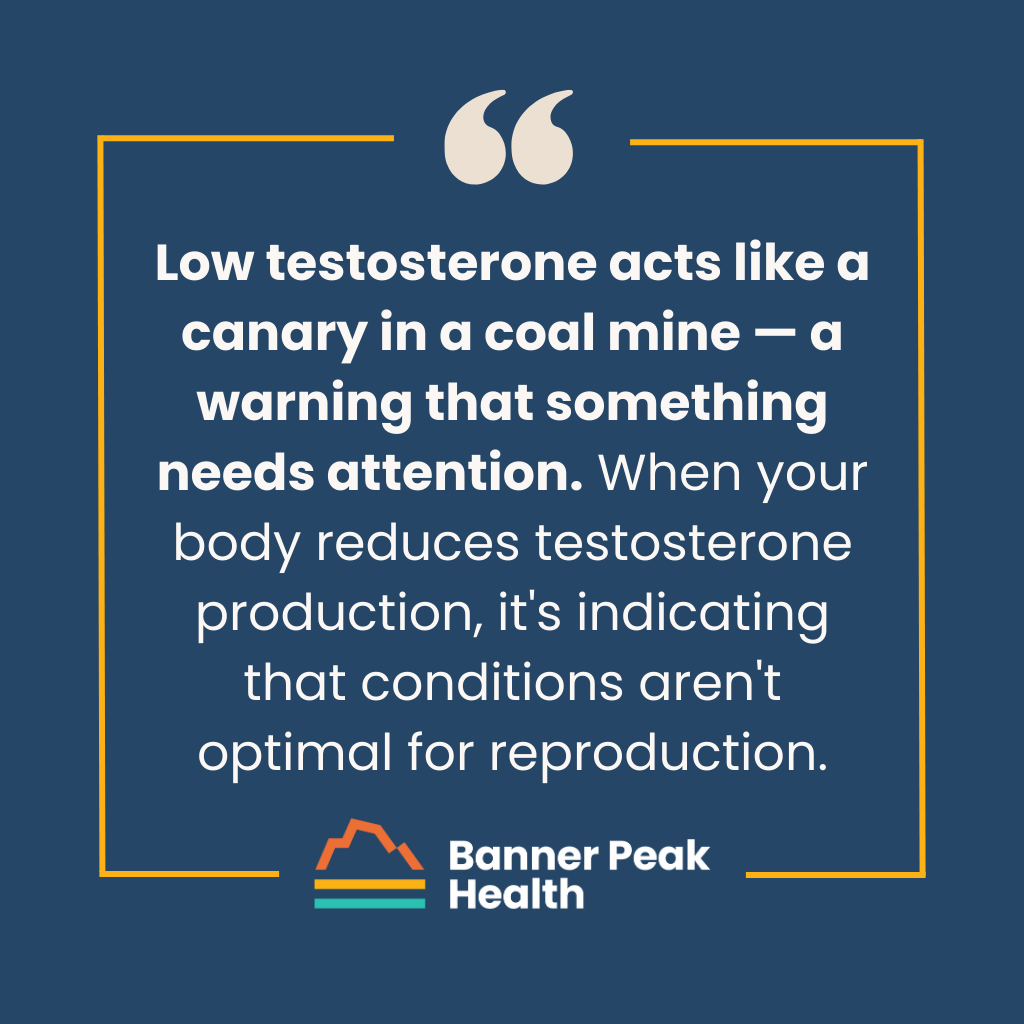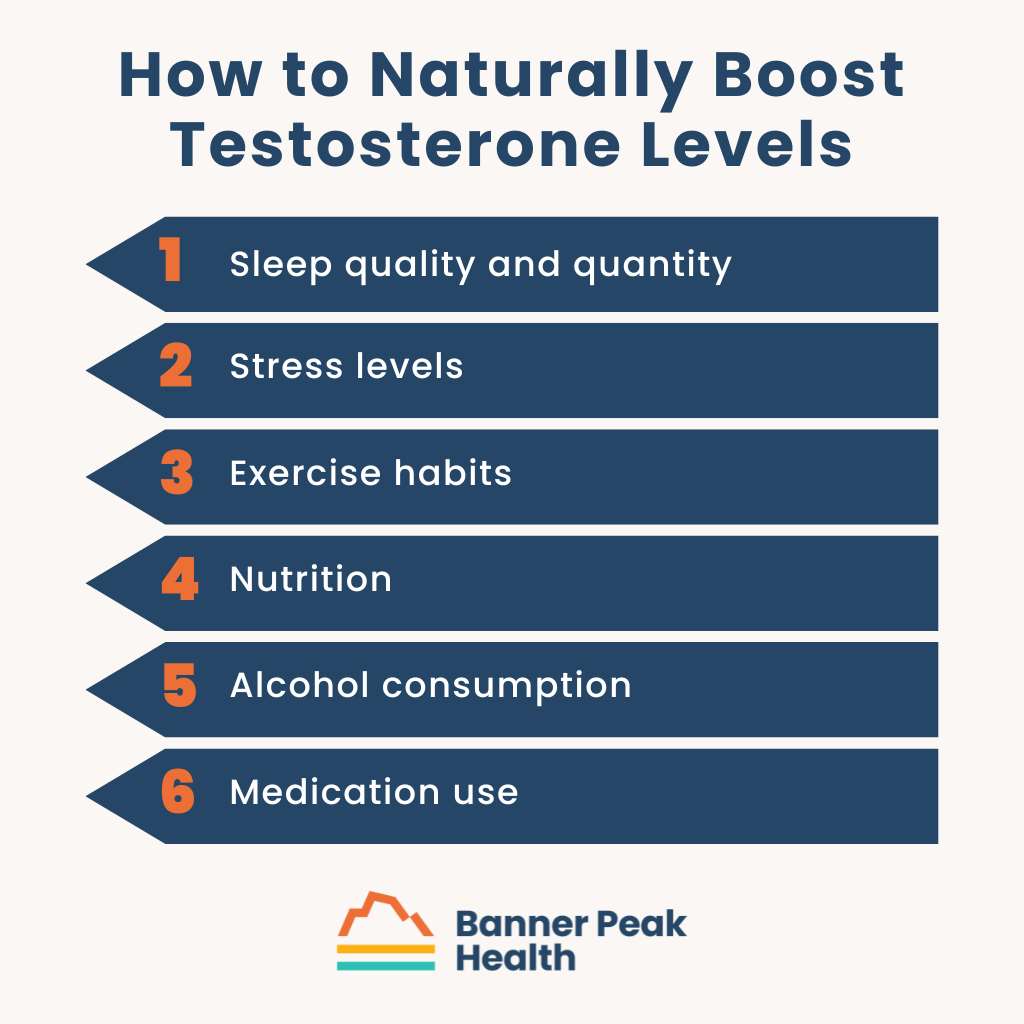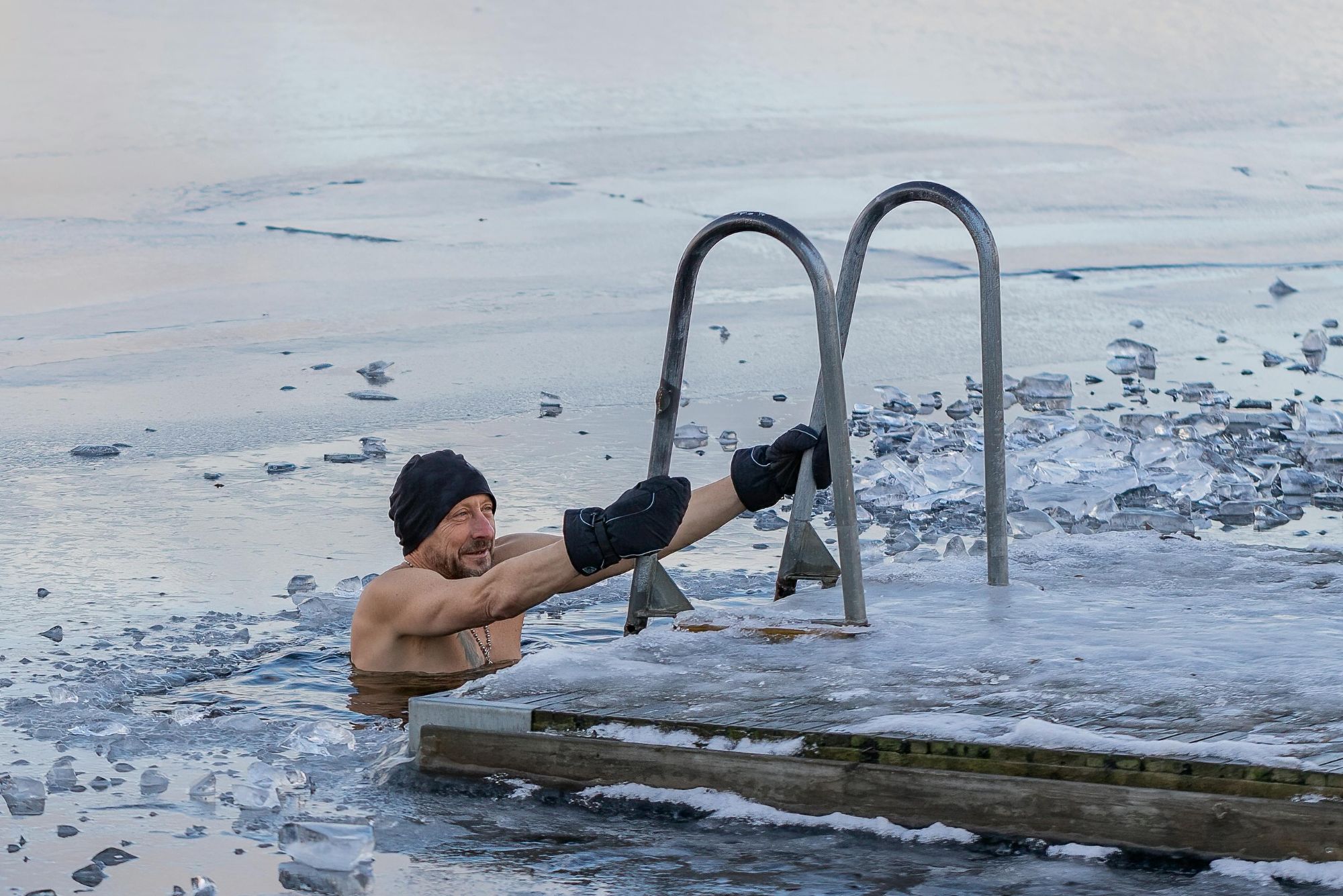Every time I see a commercial for testosterone replacement, I cringe.
The United States is one of just two countries that permit direct-to-consumer pharmaceutical advertising (the other being New Zealand). As a physician with almost four decades of medical experience, I find it concerning that Congress believes 60 seconds of information delivered to a non-professional should influence my prescribing decisions.
It’s through this lens that I consider the surge in men seeking testosterone therapy.
The Challenge With Self-Diagnosis
Advertisements promoting testosterone therapy paint a broad picture: mood swings, depression, anxiety, low self-esteem, mental fog, fatigue, reduced sex drive, increased body fat, decreased muscle mass, sleep problems — what man hasn’t experienced some of these symptoms at some point?
From 2003 to 2013, testosterone prescriptions increased fourfold for men aged 18–45 and threefold for men aged 56–64. The rates keep climbing. “Men’s health clinics” — often just testosterone prescription centers — have multiplied across the country.
If someone’s only tool is a hammer, they’ll treat everything like a nail. Yes, some men have low testosterone and would benefit from replacement therapy. But many others could naturally boost testosterone levels by addressing underlying causes.
For instance, I recently saw a patient — a healthy man in his 40s — whose testosterone levels dropped after a weekend of heavy drinking and poor sleep. His first instinct was to ask me about testosterone replacement options rather than examining his habits.
The Leaky Roof Problem
Think about a leaky roof. Your body not producing enough testosterone is like that roof leak. You have two options: put on a raincoat or fix the leak.
In this case, testosterone supplementation is the raincoat, and addressing the root causes of low testosterone is fixing the leak. The raincoat might keep you dry, but wouldn’t you rather repair the roof?
Why Your Testosterone Might Be Low
Low testosterone stems from two main types of hypogonadism — a medical term for when your body isn’t producing enough testosterone. Basically, something in your body isn’t optimal, and your evolutionary quality control is putting the brakes on reproduction.
In other words, Charles Darwin doesn’t think you should have kids right now.
Primary hypogonadism occurs when your testicles can’t produce enough testosterone on their own. Think of it like a factory that’s lost its manufacturing capability. This can happen due to:
- Inherited disorders
- Physical trauma to the testicles
- Hemochromatosis (iron storage disease)
- Cancer treatment side effects
Secondary hypogonadism is more common. Here, the problem lies with your brain’s signaling system — the hypothalamus and pituitary gland don’t send proper signals to tell your testicles to make testosterone.
This can result from:
- Abnormal hormone levels, like prolactin
- Iron storage disorders affecting the pituitary gland
- HIV/AIDS
- Thyroid disease
- Chronic pain medication use
- Type 2 diabetes
- Kidney disease
- Liver disease
- Lung disease
- Sleep apnea
- Steroid medications
- Alcohol overuse
- Severe stress
- Nutritional gaps
- Too much or too little exercise
Nature’s Warning Sign
Low testosterone acts like a canary in a coal mine — a warning that something needs attention. When your body reduces testosterone production, it’s indicating that conditions aren’t optimal for reproduction.
This signal deserves investigation, not just medication.
In fact, using testosterone or testosterone-like supplements can actually suppress your body’s natural production. Some men, particularly younger ones who misuse these substances, face permanent fertility problems even after stopping.
How to Naturally Boost Testosterone Levels
To naturally boost testosterone levels, start with self-reflection. Take an honest look at your:
- Sleep quality and quantity
- Get tested for sleep apnea if you snore
- Aim for 7–8 hours of quality rest
- Maintain a consistent sleep schedule
- Stress levels
- Build stress management habits
- Exercise habits
- Balance exercise without overdoing it — both overexercising and underexercising can lead to low testosterone
- Nutrition
- Alcohol consumption
- Medication use
- Talk with your doctor about alternatives to steroids or opioids
- Never stop medications without medical guidance
The Smart Path to Natural Testosterone Production
Some men need testosterone replacement, particularly those with age-related declines not linked to correctable conditions. However, many can naturally boost testosterone through lifestyle changes.
If you think you might have low testosterone, start by examining your habits and health. If you still feel testosterone therapy might help, work with a medical provider who will thoroughly evaluate all possible causes — one who looks beyond quick fixes to find the true source of the problem, like the physicians at Banner Peak Health.
Don’t just buy a raincoat. Fix the roof.

Barry Rotman, MD
For over 30 years in medicine, Dr. Rotman has dedicated himself to excellence. With patients’ health as his top priority, he opened his own concierge medical practice in 2007 to practice medicine in a way that lets him truly serve their best interests.





